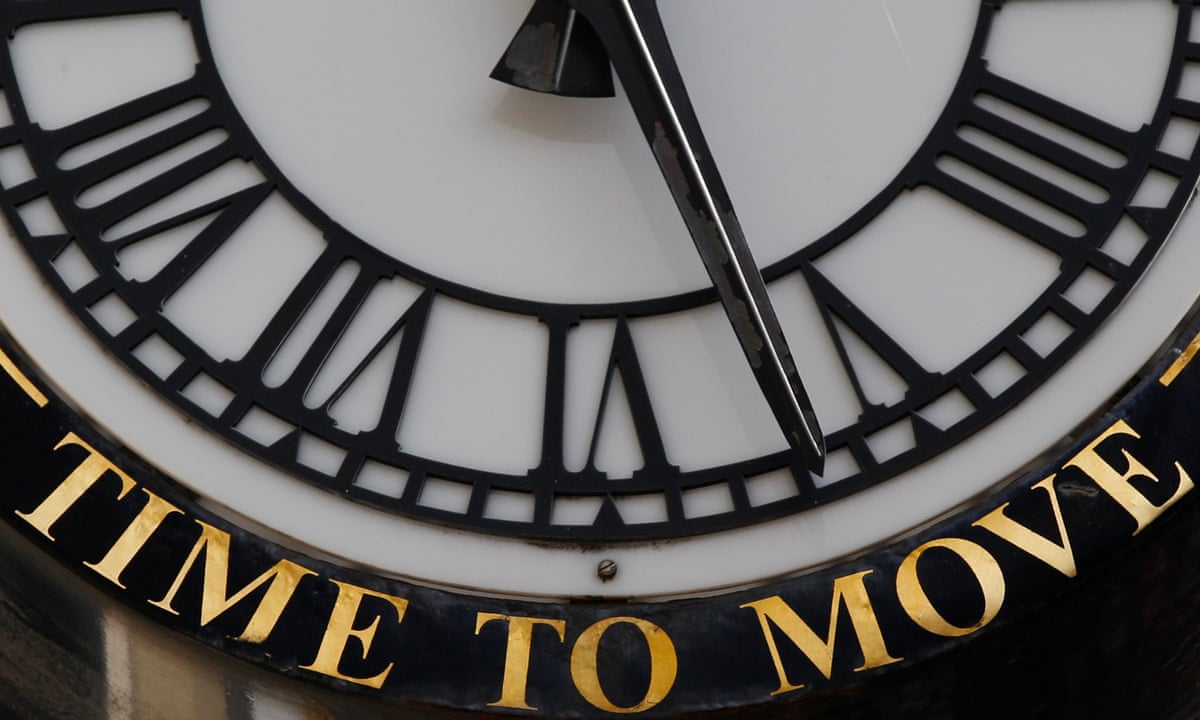Snippet from a speech of US President Theodore Roosevelt in 1910:
[…] The fundamental thing to do for every man is to give him a chance to reach a place in which he will make the greatest possible contribution to the public welfare.
Understand what I say there. Give him a chance, not push him up if he will not be pushed. Help any man who stumbles; if he lies down, it is a poor job to try to carry him; but if he is a worthy man, try your best to see that he gets a chance to show the worth that is in him.
No man can be a good citizen unless he has a wage more than sufficient to cover the bare cost of living, and hours of labor short enough so after his day’s work is done he will have time and energy to bear his share in the management of the community, to help in carrying the general load.
We keep countless men from being good citizens by the conditions of life by which we surround them. […]
I reckon there are some interesting insights there.
First of all, Roosevelt appeared to see a person not just as an individual but as part of the society in which they live. In fact he focused more on society and the contribution someone can make to it, than on the individual. But that’s an aside.
Roosevelt acknowledged that residing in a free country does not in itself provide everybody with the same opportunity – it’s not necessarily their own fault if they can’t get to certain things – so sometimes a bit of help is required to enable them. Roosevelt specifically wasn’t promoting “hand outs”, but is in favour of assisting those in need.
From the Upstarta perspective, I find the bit on wage and hours of labour particularly insightful. Indeed, it’s important for a person to earn sufficient to live. But weighted equally, to not have that work take up so much time that there’s none left for other things.
Many people focus on filling up their days with work, rather than focusing on earning sufficiently. I honestly believe that some people are afraid of having free time. Everybody is “busy”, but I seriously doubt that they, their families, or their immediate surroundings actually benefit in any way from that busy-ness.
So if you’re working ridiculous hours, what’s the purpose of that – do you reckon you will tone it down later and have more of a life? Really? Ask someone who is just a little older and who might have tried that… it doesn’t work that way.
 This applies whether you’re an employee, or the business owner. The only way you will work less is to actually do that now – you can’t win the “arms race” of productivity (and whom are you racing against anyway, some colleagues, or a manager’s unrealistic and ever-changing demands?) by spending ever more time. You’ll come up against diminishing returns.
This applies whether you’re an employee, or the business owner. The only way you will work less is to actually do that now – you can’t win the “arms race” of productivity (and whom are you racing against anyway, some colleagues, or a manager’s unrealistic and ever-changing demands?) by spending ever more time. You’ll come up against diminishing returns.
Initially, labour increases output significantly. But increasing labour by the same amount again will see output rise by less: diminishing marginal returns to the use of labour as an input.
If you were to plot cost on Y (money or human effort) vs effect on X, you’d see the cost rise sharply with very little effect. Any company that ignores this fact is merely draining their workforce.
For an individual human, a key reason for this effect is that we’re not machines. If you push yourself that far over a long period of time, you’re not actually going to be productive.
For a team, an added reason is the overhead of making the group work as a team.
For a product, beyond a satisfactory level of functionality, adding more mostly adds cost with very little to show for it. But that’s a topic for another post.
The point is, you want to work sufficiently to make enough money to have a life – not tomorrow or when you’re retired, but today. Today is when you have the opportunity to look around, enjoy yourself and possibly travel, spend time with partner or friends, spend time with your children. For one thing, when you’re retired, your kids will no longer be children. The window of opportunity will have passed.
 It’s past 5pm on Go Home on Time Day. Here’s why you should take that advice.
It’s past 5pm on Go Home on Time Day. Here’s why you should take that advice.
